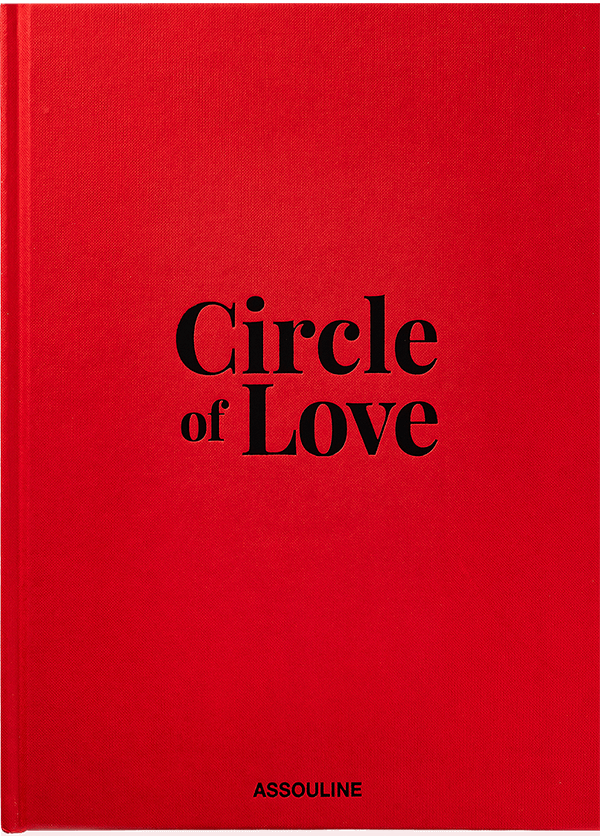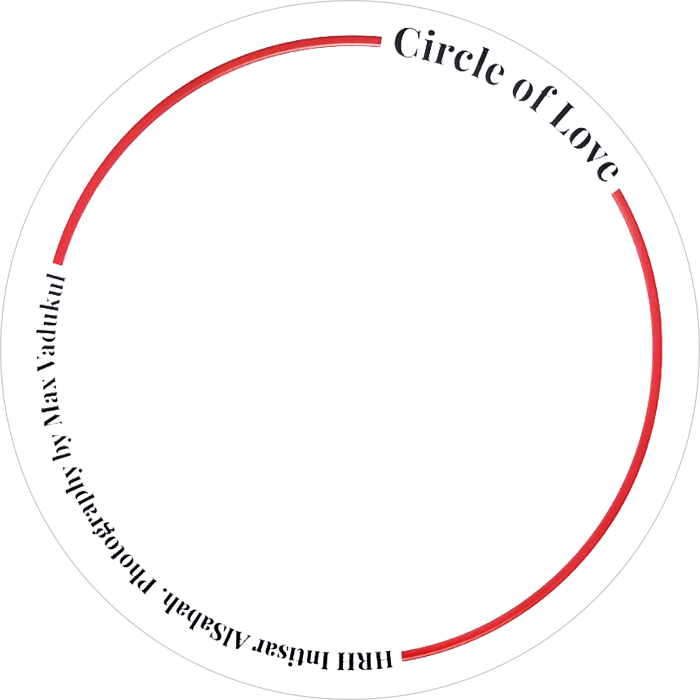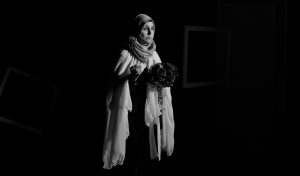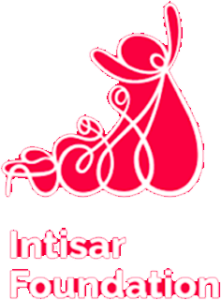X



“While I was growing up, due to the backwards mentality in Aleppo (Syria), many people believed that studying was not a good option for girls, hence I was removed from school after 9th grade.
After the Intisar Foundation’s drama therapy programme ended, I looked for what I wanted to do with my life. The first thing that occurred to me was my love for the Arabic language, so I went back to school and started taking courses in Arabic and Quran. I graduated with honours, and I received an award for my work. I am now working on getting certified to become an Arabic literacy teacher. I have found my calling.
For me, this is the meaning of self-empowerment. After years of being shackled by the trauma of war, I am finally the person I have always wanted to be.”
My name is Afamia, and I am in my 40s. I am Syrian, originally from Aleppo, born to a Lebanese mother and a Syrian father. I am married, but I don’t have children.
While I was growing up, due to the backwards mentality in Aleppo (Syria), many people believed that studying was not a good option for girls, hence I was removed from school after 9th grade. Nevertheless, my father was very open minded compared to his community. In fact, I learned how to be strong from my father. I would always take what is rightfully mine, and protect my siblings and parents.
I got married at 15 to a man who was extremely abusive and close-minded. Once my husband, he threatened not to allow me to see my parents. After years of suffering, I finally escaped that marriage and went back to my parents’ house. At the time, my entire community was very judgmental of me and my family.
Then, after some years, I got remarried, and my second husband made me feel young and carefree like a child again. We had spent many years living in bliss in Syria, but then, in 2011, the Civil War broke out in our country.
I remember that the first incident I witnessed was while traveling to visit my parents when, just a few moments before I arrived at the bus station, three buses exploded before my eyes. One of them was the bus that I was supposed to be on, and by some miracle, I survived. I still think about how I could have died had I not been a few moments late.
At that time, my husband was in Tripoli for work, and he was never able to come back to Syria due to roads being closed. Within weeks, everything fell apart.
One day, I was told by my terrified neighbours to leave my house and run away. I refused to do so, and I witnessed how my entire neighbourhood suddenly became empty. Within hours, it was flooded with men carrying guns and wearing strange clothes – it was like nothing I had seen before. For the next three months, I lived under constant gunfire, I was threatened, and I came close to dying many times.
Eventually I had to flee for my safety, leaving most of my possessions behind, and escape to a safe, neutral area. After about nine months, I found out that my house had been robbed, my furniture had been taken, my house had been wrecked. This was one of the worst traumas I had endured. Having been strong for over a year, I ended up learning that everything I and my husband had worked hard for was suddenly gone.
When I finally fled to Lebanon in 2012. I was extremely traumatised – I was constantly scared, distrustful, and lonely. I felt like a fish out of the water, like I was suffocating and slowly dying. Even though I had been in Tripoli, Lebanon, before, it did not feel like home. I had always had sadness in my heart but could not cry or express my sadness.
After years of suffering in silence, I finally attended a drama therapy programme offered by Intisar Foundation. At first, I was reserved, because I had never felt safe sharing my inner world with others although, in fact, I wanted so much to talk about my past, my pain, losing my mother, the war in Syria, and so on. I simply wanted to be strong again.
As the Intisar Foundation’s drama therapy sessions progressed, I felt that I had finally broken out of my fear and limiting belief which prevented me from sharing my thoughts and feelings with others. I removed the word “shameful” from my dictionary. I had hidden wounds that were exposed during the sessions, and I was finally able to heal and stop crying, and holding everything in my heart. I felt that I could finally take what was rightfully mine. The programme helped me to feel like a child again. I learned to express myself in way I had never thought of before.
The many activities that we did and the skills that we learned helped strengthen my personality. I was no longer afraid of everything. The sessions helped me to regain my confidence. I felt like I was a star, shining in a dark sky, and like I was able to guide others to also shine in that same dark sky. I knew that I had always been able to help others, but I just needed that little push. I learned so many things in the programme, such as life skills, how to increase confidence, how to believe in my self-worth, and that no war or refugee status could ever take that from me.
After the Intisar Foundation’s drama therapy programme ended, I looked for what I wanted to do with my life. The first thing that occurred to me was my love for the Arabic language, so I went back to school and started taking courses in Arabic and the Quran. I graduated with honours, and I received an award for my work. I am now working on getting certified to become an Arabic literacy teacher. I have found my calling.
Before long, I became the supervisor of a literacy program, so I am teaching the Quran and Arabic to adults and children. I feel that I am finally fulfilling my goals and dreams of education. After I was deprived of finishing school because of my close-minded community, now, in my 40s, I am finally getting educated. Plus, I not only got an opportunity to be a student, but also to help others who want to learn too.
I also became a social activist, I am very active in fields of literacy and gender. I am currently a volunteer at an NGO in Tripoli where I help in finding financial support for people in poverty. In addition, I am also in a programme that provides vocational training for women who make anti-COVID19 masks. Recently, I joined a programme that works on raising awareness of reproductive health for younger women. And now, I am working in a project that raises awareness on women’s rights, childhood marriage, and gender-based violence. For me, this is the meaning of self-empowerment. After years of being shackled by the trauma of war, I am finally the person I have always wanted to be.
My message to all women in the Arab world is that we all have abilities, talents, or capacities, even if you have been told otherwise. Being a mother or a homemaker does not erase your personality or your existence. Do not let age stop you. You can make a change, even if others make fun of you or mock you. We cannot stay on the fringes, so work on yourself and make that change by yourself. You might need that push, just like I did, and that’s where the drama therapy programme by Intisar foundation can help you.
“As the Intisar Foundation’s drama therapy sessions progressed, I felt that I had finally broken out of my fear and limiting belief which prevented me from sharing my thoughts and feelings with others. I removed the word “shameful” from my dictionary. I had hidden wounds that were exposed during the sessions, and I was finally able to heal and stop crying, and holding everything in my heart. I felt that I finally took what was rightfully mine. The programme helped me to feel young and carefree, like a child, again. I learned to express myself in way I had never thought of before.”

Officially registered as a humanitarian organisation with the Charity Commission for England and Wales in 2019, Intisar Foundation is the first charitable organisation in the Middle East dedicated to providing psychological support programmes of drama therapy to Arab women affected by the brutality of war and violence.
Intisar Foundation
McCarthy Denning, Suite 102,
70 Mark Lane, London, EC3R 7NQ
UK Registration Charity Number: 1182384
Leave a Reply